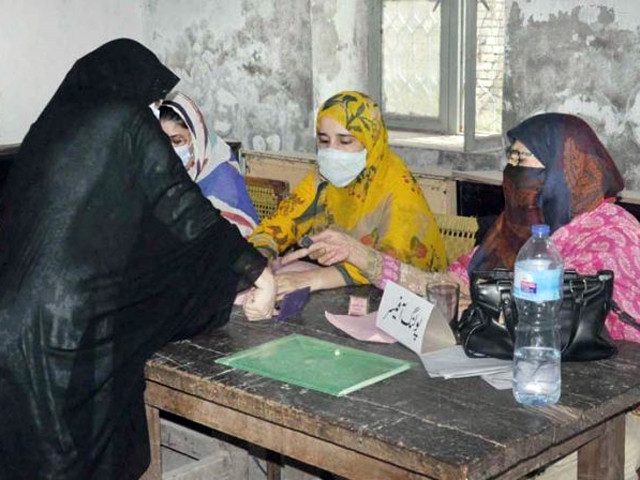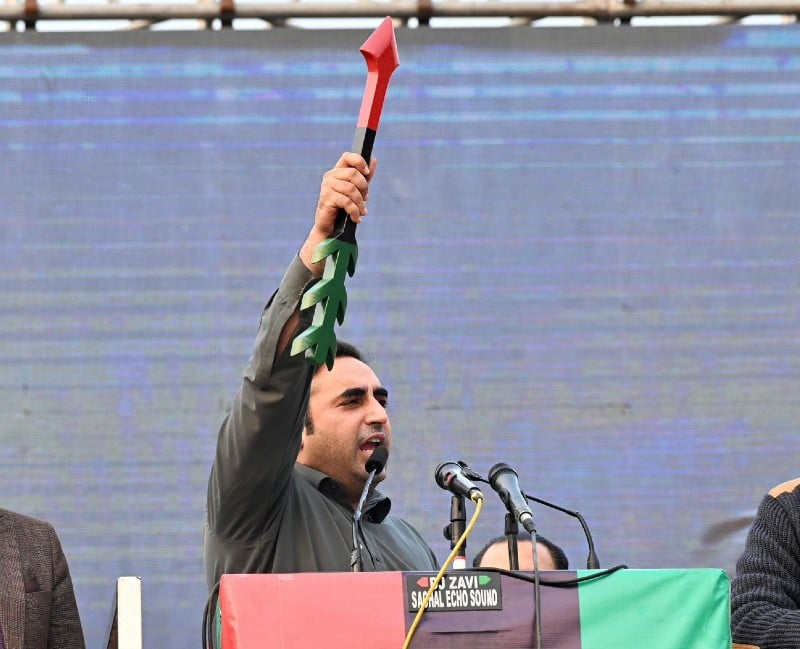Several factors inject unpredictability into the electoral outcome.
www.dawn.com
IS the general election this time any different from previous ones? Or is it more of the same? There are several significant similarities with past polls. The same parties are contesting — some reincarnations of older ones while others cobbled together by defectors from another party.
They are led by the same political figures. Many contestants running as independents are familiar names. The establishment’s ubiquitous role is no different from the past. Its interventions to limit the electoral chances of one political party mimics the past; this time it is PTI; in the last election it was PML-N. The issueless character of the election campaign is also not new.
But there are also several departures from the past which have been obscured in much of the commentary about the elections. For a start, the polls are taking place against the backdrop of the most serious economic crisis the country has ever faced. This itself is distinct from the past as it has involved far-reaching repercussions for people, in the form of a cost-of-living crisis, rising unemployment and increased poverty.
This has come on the back of continuing power shortages across the country with gas ‘load-shedding’ being even more frequent this winter season. These are all drivers of public discontent. It is yet to be seen how this will manifest itself at the ballot box and who voters will attribute their economic plight to.
A second difference is the intensely polarised atmosphere in which the election is taking place. Polarised politics is of course not new. But the extent of polarisation today is unprecedented, dividing people and society along intensely partisan lines. There is much less tolerance than in the past for political opponents, while a toxic quality has been injected into the political conversation and debased what passes for debate.
Three, and perhaps the most visible break from the past, is the subdued nature of the election campaign that is in progress. This is somewhat paradoxical, given the deep polarisation in the country. But it is partially explained by the restrictions placed on one of the parties. Missing is the festive atmosphere and public fervour that usually characterises the run-up to elections.





